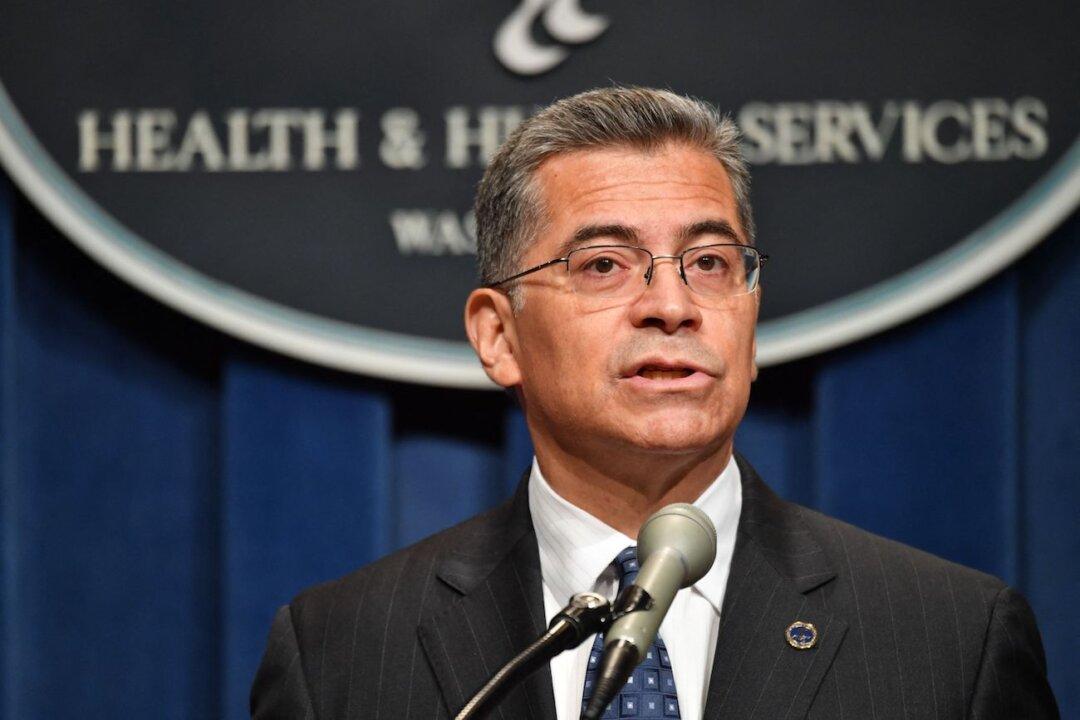Hospitals serving poor people urged the Supreme Court on Aug. 7 to consider whether they are being shortchanged by the U.S. Department of Health and Human Services (HHS).
The case, Advocate Christ Medical Center v. Becerra, will be heard on Nov. 5.

Hospitals serving poor people urged the Supreme Court on Aug. 7 to consider whether they are being shortchanged by the U.S. Department of Health and Human Services (HHS).
The case, Advocate Christ Medical Center v. Becerra, will be heard on Nov. 5.